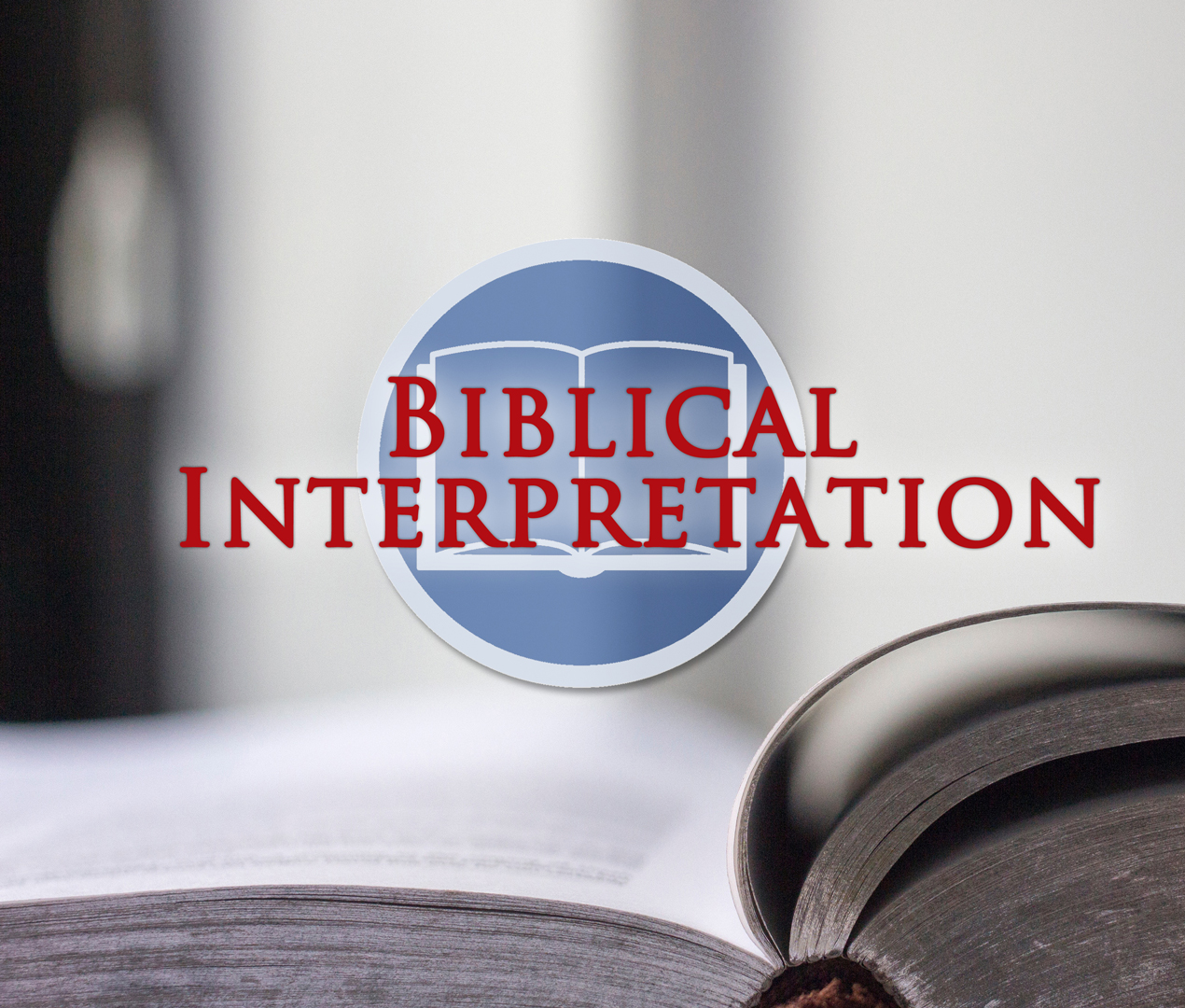Episodes

Thursday Aug 23, 2018
Walk in a Manner Worthy of your Calling - Preached: 8/19/2018
Thursday Aug 23, 2018
Thursday Aug 23, 2018
Title: Walk in a Manner Worthy of your Calling
Passage: Ephesians 4:1-3
Points:
- Apostolic Exhortation
- Attitudes of the Walk
- Actions of the Walk

Sunday Aug 19, 2018
Sunday Aug 19, 2018
Title: The Heart and Soul of the Nation
Passage: Deuteronomy 30:1-10
Points:
- The Heart Revealed in Returning
- The Heart Revealed in Rebuilding
- The Heart Revealed Through Irreverence

Friday Aug 10, 2018
Biblical Interpretation: The Inclusion of the Gentiles - Preached: 8/5/2018
Friday Aug 10, 2018
Friday Aug 10, 2018
Title: The Inclusion of the Gentiles
Series: Biblical Interpretation
Passage: Selective Passages

Tuesday Jul 31, 2018
Glorification - Preached: 7/29/2018
Tuesday Jul 31, 2018
Tuesday Jul 31, 2018
Title: Glorification
Series: God's Saving Purpose
Passage: Romans 8:29-30

Friday Jul 27, 2018
Justification - Preached: 7/22/2018
Friday Jul 27, 2018
Friday Jul 27, 2018
Title: Justification
Series: God’s Saving Purpose
Passage: Romans 8:29-30
Points:
- A Problem All of Man
- A Work All of God
- A Gift All of Faith

Monday Jul 16, 2018
The Lord's Calling and The Called - Preached: 7/15/2018
Monday Jul 16, 2018
Monday Jul 16, 2018
Title: The Lord’s Calling and The Called
Series: God’s Saving Purpose
Passages: Romans 8:29-30, John 6:25-44

Sunday Jul 15, 2018
Predestination - Preached: 7/8/2018
Sunday Jul 15, 2018
Sunday Jul 15, 2018
Title: Predestination
Series: God's Saving Purpose
Passage: Romans 8:29-30
Points:
1. Predestination: Definition
2. Predestined: God’s Promise
3. Predestined: Man’s Condition
4. Predestined: Sanctification
Sorry about the audio quality - FBC-MediaTeam

Monday Jul 09, 2018
God's Foreknowledge - Preached: 7/1/2018
Monday Jul 09, 2018
Monday Jul 09, 2018
Title: God’s Foreknowledge
Series: God's Saving Purpose
Passage: Romans 8:29-30
Points:
- The Bond of Foreknowing His Son.
- The Bond of Inscribing His Promises.
- The Bond of Foreknowing the Elect.

Friday Jun 29, 2018
Friday Jun 29, 2018
Title: Biblical Interpretation
Sub-Title: The Meeting Place of God - Pt 5
Passage: Selective Passages

Wednesday Jun 20, 2018
Biblical Interpretation: The Meeting Place of God - Pt 4 - Preached: 6/17/2018
Wednesday Jun 20, 2018
Wednesday Jun 20, 2018
Title: Biblical Interpretation
Sub-Title: The Meeting Place of God - Pt 4
Passage: Selective Passages

